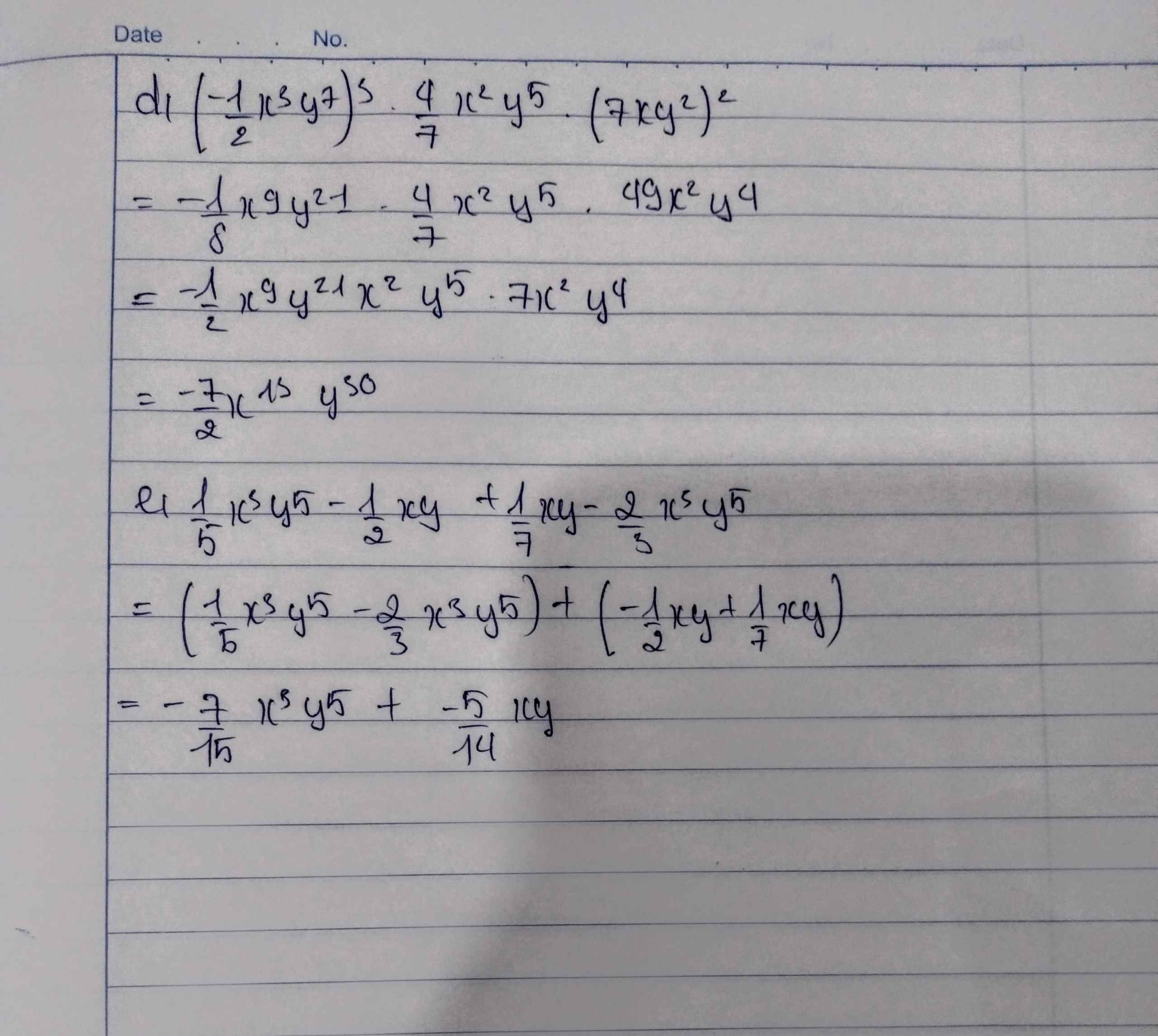Học tại trường
Chưa có thông tin
Đến từ
Chưa có thông tin , Chưa có thông tin
Số lượng câu hỏi
53
Số lượng câu trả lời
75
Điểm GP
1
Điểm SP
17
Người theo dõi (3)
Đang theo dõi (1)

Câu trả lời:
B



Chủ đề:
Luyện tập tổng hợpCâu hỏi:
1. How long/ it/ take/ get through/ worst/ traffic jam?
A. How long it take for get through worst traffic jam?
B. How long do it take to get through worst traffic jam?
C. How long does it take to get through the worse traffic jam?
D. How long does it take to get through the worst traffic jam?
2. It/ take/ me/ 15 minutes/ walk home/ from/ train station.
A. It take me 15 minutes walk home from the train station.
B. It takes me 15 minutes to walk home from the train station.
C. It take me 15 minutes walks home from train station.
D. It take me 15 minutes to walks home from the train station.
3. Max/ frighten/ by the film/ that he couldn’t sleep/ night.
A. Max were so frightened by the film that he couldn’t sleep in night.
B. Max was so frightening by the film that he couldn’t sleep in night.
C. Max was so frightened by the film that he couldn’t sleep at night.
D. Max frighten the film that he couldn’t sleep at night.
4. The festival/ take/ place/ every year/ the end/ August.
A. The festival takes place every year at the end of August.
B. The festival take place every year at the end of August.
C. The festival taked place every year at the end of August.
D. The festival take place every year at the end August.
5. Christmas / be / one / most famous / religious festivals / the world.
A. Christmas is one of the most famous religious festivals in the world.
B. Christmas is one of the most famous religious festivals on the world.
C. Christmas are one of the most famous religious festivals in the world.
D. Christmas is one of most famous religious festivals in the world.
6. My family and I / go / Thailand / last April / take part / the Songkran Festival.
A. My family and I go to Thailand last April to take part in the Songkran Festival.
B. My family and I went to Thailand last April to take part the Songkran Festival.
C. My family and I went to Thailand last April to take part in the Songkran Festival.
D. My family and I went Thailand last April to take part in the Songkran Festival.
7. It/ important/ us/ learn/ use/ roads properly/ safely.
A. It is important for us to learn to use the roads properly and safely.
B. It is important to us to learn use the roads properly and safely.
C. It is important for us to learn use the roads properly safely.
D. It is important to us to learn to use the roads properly and safely.
8. Mai/ used/ go/ school/ foot/ when/ she/ primary school.
A. Mai used to go to school on foot when she was in primary school.
B. Mai used to go to school by foot when she was in primary school.
C. Mai used to go to school on foot when she is in primary school.
D. Mai used to go school on foot when she was in primary school.
9. Despite/ good/ English,/ he /was/ not/ chosen.
A. Although his English good, he wasn’t chosen.
B. Although his English was good, he wasn’t chosen.
C. Although his English was good, he was chosen.
D. Although his good English, he wasn’t chosen.
10. We/ look carefully/ right/ left/ crossing/ roads.
A. We must look carefully right or left after crossing the roads.
B. We must look carefully right or left before crossing the roads.
C. We must look carefully right and left after crossing the roads.
D. We must look carefully right and left before crossing the roads.


Câu trả lời:
Bạn tham khảo:


Chủ đề:
Luyện tập tổng hợpCâu hỏi:
1. Laura: “May I have something to drink, please?” - Jane: “_________”.
A. Yes, of course. Help yourself. B. Of course you may. C. Why do you have to ask? D. You must help others too.
2. Jane: “Congratulation! You have got high marks in the last term.” - Mary:“_________”.
A. Really? Never say so. B. I’d love to say so. C. It is kind of you to say so.
D. You’re welcome.
3. Nick: “Why don’t we go to the cinema ?” - Hoa: “_________”.
A. Will you join us? B. Yes, lets! C. I’d like it D. What play is it?
4. Peter: “Let’s have a drink. What would you like?” - Jack: “___________”.
A. It’s not good. B. Some coffee, please.
C. No, it isn’t D. certainly. Here you are.
5. Mai: “What a beautiful painting!” - Peter: “___________”.
A. I’m glad to tell you so. B. It’s very nice of you to say so. C. I don’t mind if you say that.
D. You’re welcome.
6. Peter: “Would you like to have dinner with me tonight?” - Jack: “___________”.
A. Yes, I’d love to. B. Yes, I will. C. Never mind, thanks. D. No, I won’t.
7. Laura: “What about going to school by bus tomorrow?” - Jasmine: “___________”. A. I’m so busy B. Great idea! C. Not at all
D. By the way, you should go with your father.
8. Nam: “What do you think about the music film?” - Huy: “___________”.
A. I can’t wait. B. It’s an animation film. C. Yes. I love sound effects.
D. Wow, it’s quite gripping.
9. Jack: “How long does the festival take place?” - Mary: “___________”.
A. Only two days. B. Yesterday. It was exciting. C. On Monday. It will have a lot of fun.
D. Sounds nice. I spent 2 days joining it.
10. David: “I think to reduce pollution, people should use public transport instead of their own cars.”- Linda: “___________”.
A. I don’t know. I just don’t think it’s for me. B. What nonsense! C. Yes, let’s D. I can’t agree with you more.



Chủ đề:
Luyện tập tổng hợpCâu hỏi:
1. _________________ (you/ ever/ attend) any food festivals?
2. Right now, Margaret ________________ (have) a shower. Do you want to ring later?
3. The first Oktoberfest Festival ________________ (hold) on October 12,1810 in Munich.
4. James ________________ (do) lots of volunteer work when he was in high school.
5. The members of the stamp collectors’ club (meet) ________________ at the library next Friday.
6. I’d like you ________________ (write) up your reports on festivals around the world.
7. The film was a commercial success although it __________(not receive) good reviews from critics.
8. Don’t worry. I (go) ________________fishing with you next Saturday morning.
9. It’s the first time I (take) _______________ part in the Elephant Race Festival in Dak Lak.
10. The biggest prize, the Palme d’Or _______________ (award) to the best film.







